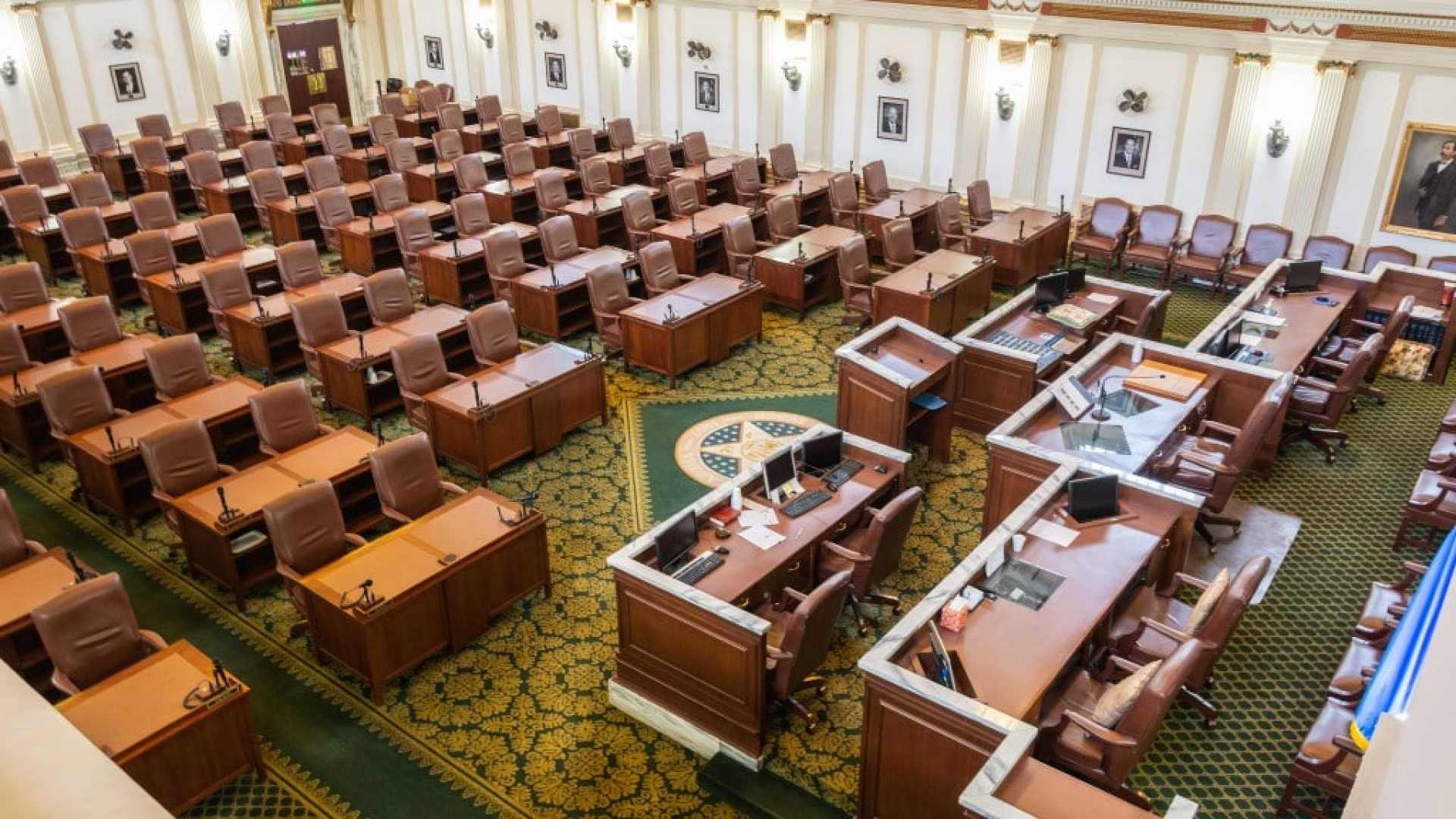News
House Pushes to Pass Social Security Fairness Act Despite Freedom Caucus Obstacles

The House of Representatives is making a concerted effort to pass the Social Security Fairness Act, a bill aimed at expanding Social Security benefits for certain workers, despite a recent setback caused by the House Freedom Caucus. The bill, introduced by Rep. Garrett Graves (R-La.) and Rep. Abigail Spanberger (D-Va.), seeks to repeal two provisions that currently reduce Social Security benefits for some recipients.
The Social Security Fairness Act targets the “government pensions offset” (GPO) and the “windfall elimination provision” (WEP). The GPO reduces Social Security spousal or widow(er) benefits for those receiving non-covered pensions, while the WEP reduces Social Security benefits for individuals who also receive pensions or disability benefits from employers that did not withhold Social Security taxes. For example, under the GPO, an individual with a $900 spousal benefit from Social Security and a $1,000 non-covered pension would see their Social Security benefit reduced by $667, leaving them with only $233. If the GPO is repealed, they would be entitled to the full $900 benefit.
The bill has garnered significant bipartisan support, with over 300 lawmakers, including House Speaker Mike Johnson, signing on. However, the House Freedom Caucus, led by Chairman Andy Harris (R-Md.) and former Chairman Bob Good (R-Va.), used a pro forma session on November 5 to table part of the measure, complicating its passage. This move requires the bill to meet a supermajority threshold rather than a simple majority to pass.
Despite this hurdle, the bill is expected to move forward with a House vote in the coming week. If it passes the House, its fate in the Senate remains uncertain, but the broad support in the House suggests potential for further progress. If signed into law, the changes would be effective for benefits payable after December 2023.
In addition to the legislative efforts, Social Security beneficiaries are set to receive a 2.5% cost-of-living adjustment (COLA) in 2025, which will increase average retirement benefits by about $50 per month starting in January. This adjustment is part of the annual COLA tied to the Consumer Price Index for Urban Wage Earners and Clerical Workers (CPI-W).












